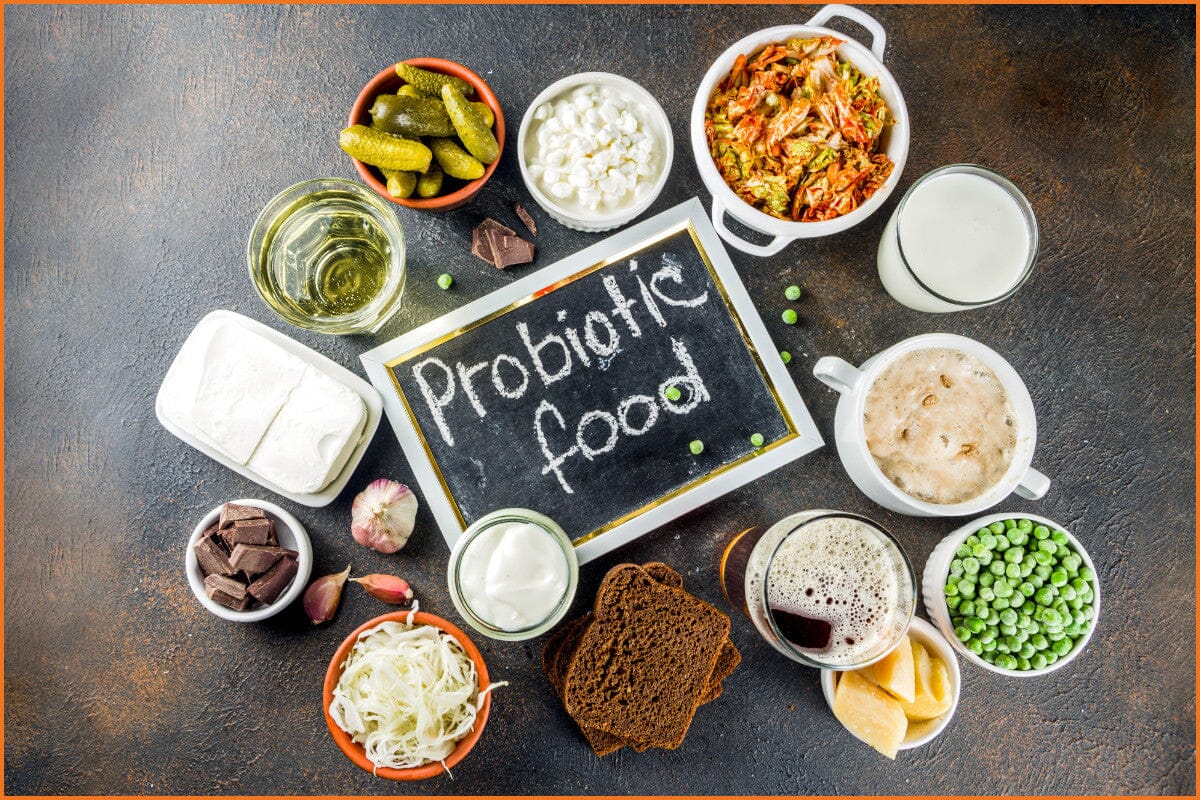Your Cart is Empty
FREE SHIPPING OVER $45 & RETURNLESS REFUNDS

Dealing with joint or muscle discomfort can be truly challenging. As we navigate through this often unpredictable path, I've discovered a potential ally that might offer some unexpected relief: probiotics.
If you're anything like me, you've experienced moments when joint or muscle discomfort seems to cast a shadow over the simplest joys of life. Those frustrating twinges and aches can make even the most ordinary activities a struggle.
High uric acid levels can be a contributing factor, and it's a battle I've faced firsthand. It's during these moments that we yearn for effective solutions that don't just mask the discomfort but address the root cause.
You might be wondering what probiotics have to do with joint or muscle discomfort. Well, allow me to shed some light on this fascinating connection.
Our gut is often referred to as our "second brain," and it plays a pivotal role in our overall well-being. Probiotics are the friendly bacteria that reside in our gut, maintaining a delicate balance that impacts various aspects of our health.
Recent studies have shown a potential link between gut health and uric acid levels. When the balance of gut bacteria is disrupted, it can contribute to inflammation and imbalances in our body – including our uric acid levels.
By nurturing our gut with the right probiotics, we might be able to restore harmony within and experience relief from discomfort that stems from high uric acid levels.
Probiotics can be found in certain foods and supplements. Fermented foods are among the best natural sources of probiotics and include:
Yogurt: A traditional source of probiotics, yogurt contains live cultures that aid digestion.
Kefir: Similar to yogurt, kefir is a fermented milk drink packed with diverse probiotic strains.
Sauerkraut: Fermented cabbage provides a substantial amount of beneficial bacteria.
Pickles: Naturally fermented pickles (not the vinegar-based ones) can be a good source of probiotics.
Kimchi: A popular Korean dish made from fermented vegetables that is rich in probiotics.
Kombucha: This fizzy, fermented tea is made by fermenting sweetened tea with a culture of bacteria and yeast. It's gaining popularity for its potential health benefits.
Tempeh: A soy-based product originating from Indonesia that boasts probiotic properties.
Miso: A Japanese seasoning made from fermented soybeans, rice, or barley.
Improved Digestive Health
One of the primary benefits of probiotics is their ability to promote a healthy gut. As we age, the balance of gut bacteria may shift, leading to digestive issues such as constipation, diarrhea, and bloating.
Probiotics can help restore this balance, improving digestion and absorption of nutrients.
Enhanced Immune Function
A robust immune system is essential for us older adults to fight off infections and illnesses. Probiotics have been linked to supporting immune function by stimulating the production of antibodies and activating white blood cells.
Nutrient Absorption
Aging often affects the body's ability to absorb nutrients efficiently. Probiotics can aid in nutrient absorption, ensuring that we receive essential vitamins and minerals from our diets.
Bone Health
Osteoporosis is a significant concern for us older adults, especially women. Some probiotic strains have shown potential in enhancing bone density and reducing the risk of fractures.
Mood and Mental Health
A healthy gut is linked to reduced stress and anxiety levels, which can have a positive impact on overall well-being.
Heart Health
Certain probiotics may contribute to lowering blood pressure and cholesterol levels, thus supporting heart health and reducing the risk of cardiovascular issues.
While the road to finding lasting relief might be paved with challenges, every step forward is a victory worth celebrating. Incorporating probiotics into your routine might just be one of those steps – a step toward nurturing your gut health, addressing the root causes, and reclaiming a life that is vibrant and free from unnecessary discomfort.
**As with any dietary change, consult with your healthcare provider before adding probiotics to your routine, especially if you have any underlying health conditions or are taking medications.
Do you have any tips for relieving discomfort? Share with us on Facebook, Twitter, or Instagram!
Let me know what topics you're interested in, and I'll do my best to include them in future blogs! Email me at info@toneshealth.com